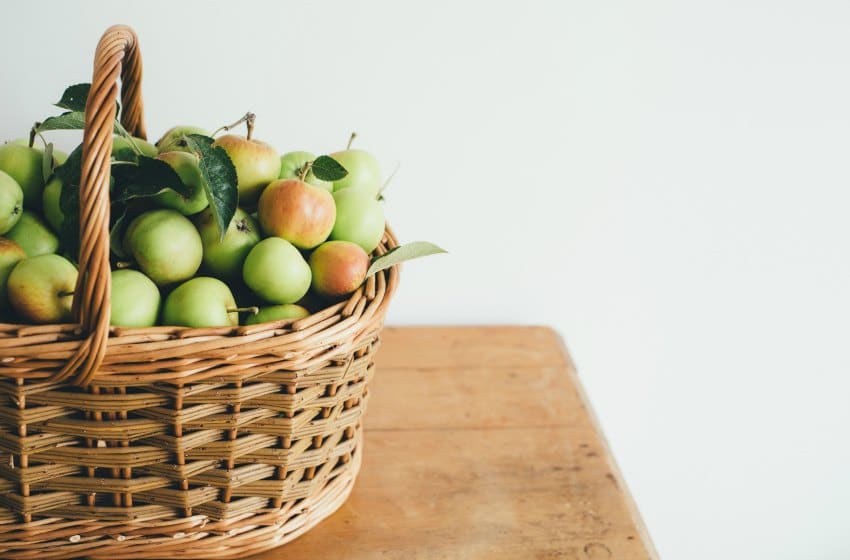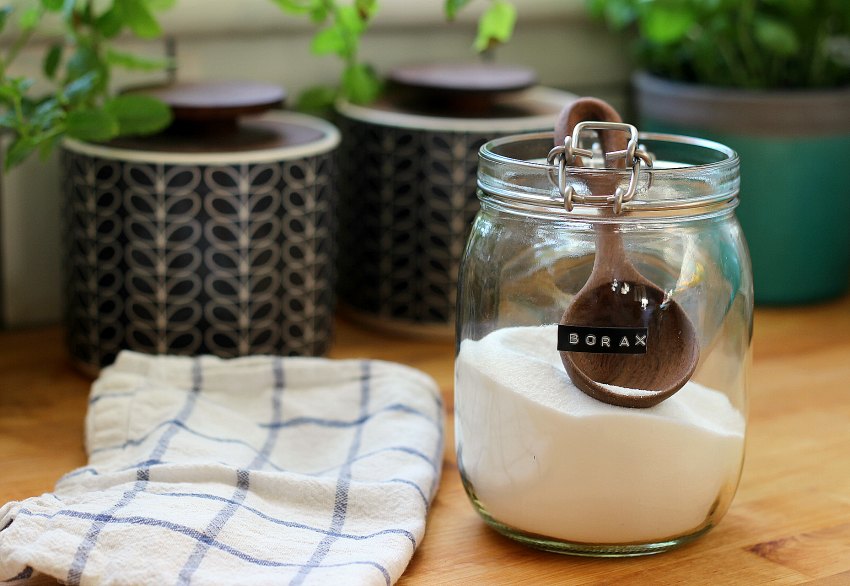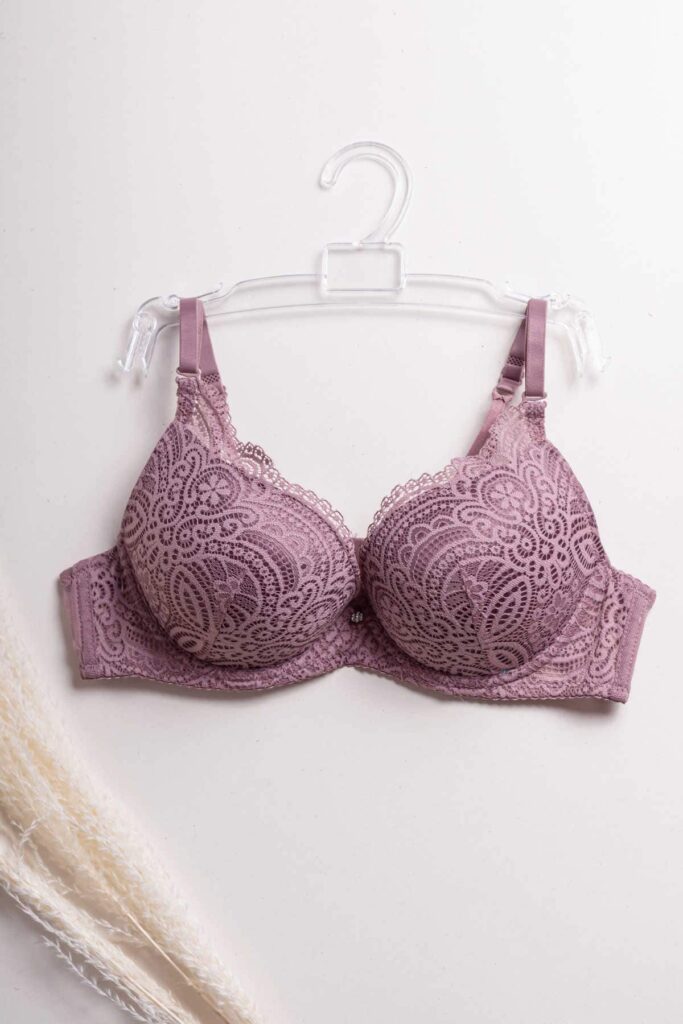Why Is Palm Oil Bad For The Environment?
To support the running costs of Moral Fibres, this post may contain affiliate links. This means Moral Fibres may earn a small commission, at no extra cost to readers, on items purchased through these links.
Read on to find why palm oil is bad for the environment, if sustainable palm oil is actually sustainable, and how we can take action.
In the Western world, we’re addicted to palm oil. It’s everywhere – in cleaning products, cosmetics, and in many snack foods: from biscuits and bread; to chocolate, spreads and even mince pies. It’s missed off ingredient lists in cosmetics and hidden under pseudonyms in food, but its use is ubiquitous.
Why do we use it? Because it’s useful, cheap, high-yielding, and versatile. The problem: palm oil is the biggest contributor to rainforest destruction. Its production destroys unique habitats and contributes to climate change.
Tim Hunt, from Ethical Consumer magazine, explores the complex issues with this oil and how consumers can bring about change where governments and campaigners have failed.
Palm Oil’s Dark Side
Our addiction lies within the plant itself. With its oily flesh and nut, the palm oil fruit produces a vegetable fat that is solid at room temperature. This saturated fat is the perfect alternative to more expensive and labour-intensive animal fats and per hectare: it generates higher yields than many other vegetable oils. Simply put, it is cheap, plentiful and it does a job perfectly.
But like all apparent panaceas, it has a dark side.
At Ethical Consumer we’ve been tracking the issue for over 20 years and we’ve just released our latest report.
Links to Deforestation
Despite huge campaigns from Greenpeace and WWF, the start of certification schemes like Roundtable on Sustainable Palm Oil (RSPO) and the involvement of multiple governments and the World Bank, our report highlights that deforestation due to palm oil production is actually getting worse, not better.
In fact, a football pitch-sized patch of virgin rainforest is cleared every 25 seconds to make way for plantations and production is increasing to meet the demands of a growing world population.
Is Sustainable Palm Oil Actually Sustainable?
Over recent years ‘sustainable palm oil’ and RSPO-certified labels have popped up all over food packaging so you might think that the problem has been solved.
Unfortunately, it is not so. Most major snack brands – even with these labels – still have oil from deforestation areas in their supply chain.
Just last month Nestle was suspended from the RSPO for failing to file progress reports towards sustainable targets. In March this year, Greenpeace conducted a report on palm oil production and came up against enormous resistance from brands to disclose their palm oil sources, indicating deeper issues.

So, what can we do?
In the West, we are major stakeholders in snack food companies. We drive their profits through our purchasing decisions so we can apply pressure.
At Ethical Consumer, we advise avoiding palm oil altogether, wherever possible, or buying only from those companies who have a firm commitment to ending deforestation in their supply chain.
Our Palm Oil Free Best Buys
We’ve released four new product guides looking at its usage in more detail and we recommend the following brands. Click on the links to see the full guides.
Butters and Spreads
For butter and spreads, we recommend Biona, M&S, and Yeo Valley which offer palm oil-free spreads. Suma and Waitrose brands are actively reducing their use and working to use only deforestation-free supplies.
Chocolate
Although chocolate itself is palm oil-free, the sweet fillings often aren’t. For chocolate, we recommend Pacari, Chocolat Madagascar, and Divine which are not only oil-free but Fair Trade too.
Biscuits
Sustainable palm oil use is being taken seriously by biscuit brands. There are many biscuit brands that are taking an active stance to reduce their usage and shake up the supply chain. We love Island Bakery whose biscuits are organic and free from oil. We also recommend Against the Grain, Doves Farm, and Traidcraft brands
Bread
Although only used in small amounts many bread brands do use palm oil. For supermarket own brands, Waitrose and M&S are showing real commitment to sustainable policies. For a branded loaf, choose Biona, Warburtons, Weight Watchers or Jackson’s.
Want to do more?
Take a look at the red category companies in our reports, avoid their products and get in touch to tell them what you think.
You can also join campaigns and boycotts led by Greenpeace and Sum of Us to force big brands to think differently.
Found this post useful? Please consider buying me a virtual coffee to help support the site’s running costs.




